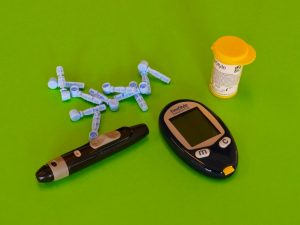PA Consulting recently released a report titled "Reimagining sustainable medtech," shedding light on the burgeoning field of sustainable medical technology (medtech). This study, conducted by PA's design experts, particularly scrutinizes continuous glucose monitors (CGMs), a vital tool for diabetes management. Despite the anticipated exponential The report highlights key findings, notably challenging conventional assumptions regarding product sustainability. Contrary to expectations, devices featuring single-use, disposable electronics did not necessarily exhibit the worst carbon footprint. Rather, the study underscores the pivotal role of distribution, usage, and disposal practices in determining sustainability. Moreover, it stresses the importance of enhancing technology to prolong device longevity without compromising accuracy, alongside the necessity for alternative collection and recycling methods for medtech products. PA's DfS approach, outlined in the report, encompasses comprehensive landscape understanding, hotspot identification, and eco-design principles, all crucial for steering the medtech industry toward a more sustainable future.
PA Consulting Report Charts Path to Sustainable Medtech Innovation
growth in CGM sales, projected to surpass $13.5 billion by 2030, there is a concurrent surge in associated waste, predominantly from heavily packaged single-use components. PA's analysis underscores crucial principles in their "design for sustainability" (DfS) framework, emphasizing the need for innovative approaches to mitigate environmental impact.
























